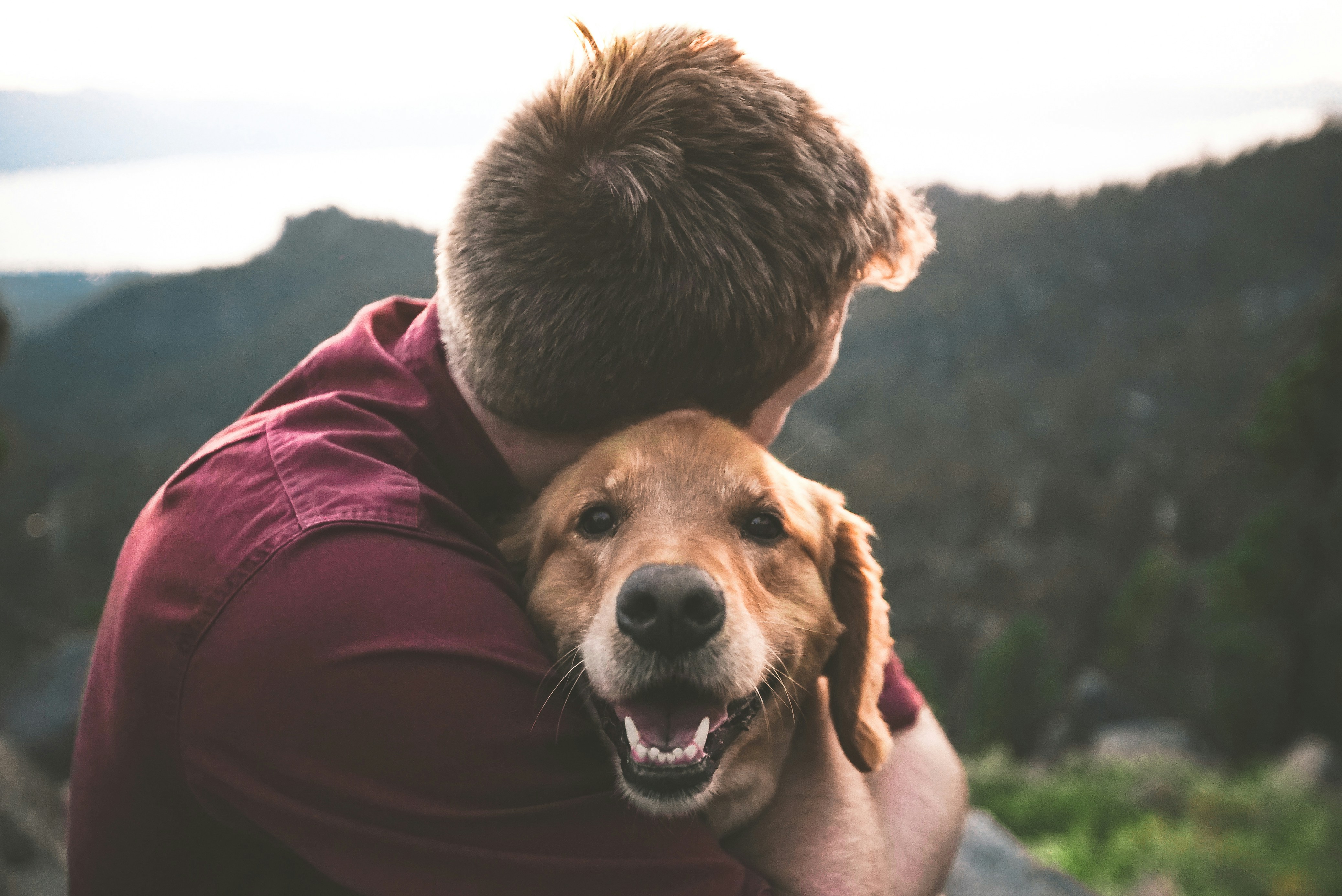Severe hearing loss affects one out of every 20 people. This number is expected to double by 2050 due to the aging population. Most people develop hearing problems due to medical conditions, accidents, exposure to loud sounds or toxins, or age. Consequently, most people who have hearing impairments have to adapt to hearing loss and how that impacts their lives. Because of the impact, they may opt to get a dog to ease the transition.
Although canines had been used for decades as seeing-eye dogs, legal recognition has allowed people with several medical issues and disabilities—including hearing impairments—to benefit from having a pet dog or an official service dog.
Why Hearing Loss Causes Stress

People who lose their hearing have to adapt and learn to interact with others in different ways. These people experience stress because of their inability to communicate. Their hearing issues can affect their ability to engage in preferred activities, which can also be a stressor. You may need medical treatment for your hearing impairment, and you even have to change careers.
Those who suffer from mild to moderate hearing impairments may be discouraged if they have to ask people to repeat themselves and may find it hard to follow conversations over the phone or in locations with a lot of background noise.
Individuals with severe or profound hearing loss may need to learn to read lips and use American Sign Language (ASL). It can be challenging to learn a new way to communicate later in life, and you may also be frustrated because others do not know ASL.
How Dogs Help

Research has demonstrated that dogs offer owners multiple health benefits. They promote relaxation, and it’s proven that spending time with dogs will lower your heart rate and blood pressure. The physical benefits of petting a dog will actually reduce stress.
Dogs also provide companionship. This can reduce feelings of depression and loneliness, which can compound your stress.
Your dog can identify potential dangers you can’t hear. When you go for a walk, you can be reassured your dog can hear vehicles, people, sirens, and other sounds. With training, your dog can alert you to potential safety hazards.
Essentials For Dog Owners

Whether you get a pet dog or a service dog, there are several essential items you’ll need for your canine.
Turn to dog harness stores to secure a quality harness for your dogs. Harnesses have multiple benefits. You can attach a leash and guide your dog without damaging their neck. If you attach a leash to a collar and tug on it, you can harm your dog by damaging the nerves in their front legs. Dog harnesses are designed to fit your dog comfortably, and when you need to guide your dog with the leash, the harness does not put pressure on their neck. The design of the harness and place where the leash is attached can also dissuade dogs from pulling while walking, which makes it easier to work.
You will also need a leash, dog food dish, water bowl, and dog toys. Dog toys are essentials for young dogs because they can keep your dog occupied. When a dog is bored, they’re more likely to chew on shoes, books, and furniture.
Use poop bags to pick up your dog’s waste when you go for walks or visit dog parks. If you drive, you may want to invest in a dog seatbelt and a seat cover to keep your pup safe and your car clean.
Confirming Hearing Loss

If you haven’t confirmed that you have a hearing impairment, search for “hearing clinics,” and make an appointment to see a medical doctor specializing in treating hearing issues. These doctors, known as audiologists, are qualified to perform hearing tests, identify hearing issues, and determine the cause of your hearing impairment. An audiologist may recommend treatment to reverse the hearing impairment and advise you on methods to prevent further hearing loss. Audiologists can also advise you on developing alternate communication methods if you’re diagnosed with severe or profound hearing loss.








